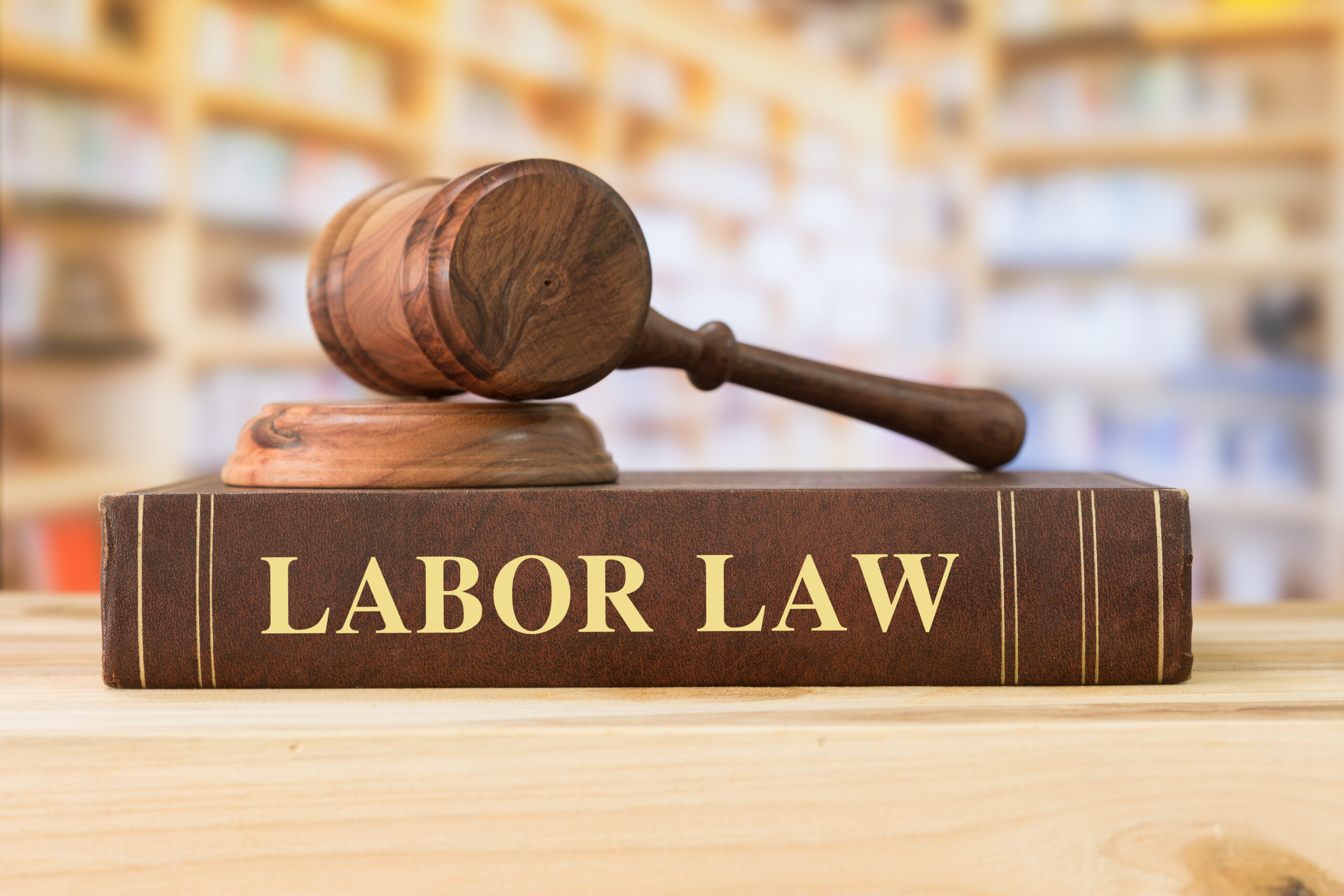Posts tagged collective bargaining rights
Editorial: Unionizing Uber and Lyft drivers may speed up their robotic replacement
July 2, 2025 // Here’s the issue for drivers. Labor talks are playing out as Uber and its competitors are investing heavily in driverless vehicles, just like Tesla. Uber isn’t hiding that future. Uber CEO Dara Khosrowshahi even told The Wall Street Journal this year he expects AVs to gradually overtake human drivers.
Editorial: Unionizing Uber and Lyft drivers may speed up their robotic replacement
June 27, 2025 // And as anyone who regularly takes an Uber well knows, the prices went up once the cabs were vanquished. A lot. Taxi prices, a source of complaint for generations of Chicagoans, now often look like a bargain in comparison to Uber or Lyft, especially when it rains or there’s a ballgame in the neighborhood. As Big Tech’s variable pricing ravages our wallets, regulated rates have never looked better to many of us. With ride-share prices rising, policymakers are now weighing how best to support drivers — but those efforts, including unionization, could unintentionally make things worse for both riders and drivers as driverless technology gains traction.
Democratic drama: Union leader exits underscore DNC divisions
June 17, 2025 // “It was very clear to me that they were looking to blow up the DNC,” the source said. “[Martin] is not looking to blow the place up.” The two unions represent significant Democratic constituencies. The American Federation of Teachers boasts more than 1.8 million members, while the American Federation of State, County and Municipal Employees has more than 1.3 million members. The groups and their leaders are also expected to continue to play major roles in the Democratic ecosystem. Some Democrats note Weingarten’s and Saunders’s departures come after Republicans made inroads with some union constituencies in 2024. “Although Republicans are not sweeping unions, Republicans are starting to be viewed by union members as the party of the people who have to take a shower after work or, in this case, the people who have to take an Excedrin after work,” Wilson said.

Federal government reverses course on Florida union law, appeals court holds lawsuit
June 16, 2025 // An appeals court Tuesday put on hold a lawsuit that Florida filed against the federal government, after the Trump administration reversed course on a controversial 2023 state law that placed restrictions on public-employee unions. The law included a series of restrictions, including preventing most public employees from having dues deducted from their paychecks and requiring unions to be recertified as bargaining agents if fewer than 60% of eligible employees pay dues. The lawsuit deals with interplay between the state law (SB 256) and a longstanding federal law designed to ensure that transit workers’ collective-bargaining rights are protected before federal transit money is provided to local agencies.

5.9% of Washington Workers Are Union Members, 6th Most in the U.S.
June 9, 2025 // Union membership in the United States has declined to its lowest point in decades. In 1979, unions represented 24.1% of the American workforce. By 2024, that share had fallen to just 9.9%, according to figures from the U.S. Bureau of Labor Statistics and UnionStats. In absolute terms, this represents a drop of roughly 6.7 million members—from a peak of 20.9 million in 1979 to around 14.2 million in 2024.
Friction builds between Walz, public sector unions on multiple fronts
June 6, 2025 // Possible layoffs, a return-to-office directive and tense contract negotiations are straining Gov. Tim Walz’s relationship with public sector labor unions that represent thousands of state workers. There has been a notable shift in tone given that Walz has delivered many wins to unions since first being elected governor in 2018. The DFLer signed several worker protection measures into law, like paid sick leave. He signed laws enhancing collective bargaining rights and wage theft protections.
Op-ed: Federal correctional officers’ union targets members of congress for turning their back on law enforcement
June 3, 2025 // The billboards have been placed across the country targeting the following 10 members of Congress: Rep. Ken Calvert, R-Calif.; Sen. Shelley Moore Capito, R-W.Va.; Rep. Juan Ciscomani, R-Ariz.; Sen. Josh Hawley, R-Mo.; Rep. Clay Higgins, R-La.; Rep. Mike Johnson, R-La.; Rep. David Joyce, R-Ohio; Rep. Riley Moore, R-W.Va.; Sen. Thom Tillis, R-N.C.; and Rep. Randy Weber, R-Texas.
Kennedy Center staff to vote to unionize amid Trump changes
May 19, 2025 // After the initial wave of firings in February, broader layoffs have continued in recent weeks. The entire social impact team was let go in late March, and just this week, an international arm of the programming department was laid off, jeopardizing efforts to get talented artists from outside the United States booked for this season. "These teams are small, and they're close. We're all friends. So, it's hard to see your friends lose their jobs, and they're the ones telling us," one programming staff member admitted. "But more than that, there's uncertainty what jobs still need to be done and what is being shelved." There's been intensified concern about the fundraising efforts for the non-profit organization, which brought in an estimated $141 million in grants and donations in fiscal year 2023. The development department, which operated with about 90 employees for years previously, has been reduced to about 30 presently on staff, leaving major holes in budgeting and donor cultivation duties.
Judge blocks Trump from removing Foreign Service workers’ collective bargaining rights
May 18, 2025 // The union said Trump's order upended decades of stable labor-management relations in the Foreign Service, removing all members at the State Department and US Agency for International Development from coverage of a law that gives them the right to organise and bargain collectively. Government lawyers said Trump determined that agencies with a primary national security focus are being hamstrung by restrictive terms of collective bargaining agreements that frustrate his ability to safeguard the interests of the American people.
Commentary: VA is selectively enforcing Trump’s order stripping workers of union rights
April 22, 2025 // But the same notice, without explanation, exempts eight small labor groups within the VA from Trump’s edict, effectively allowing them to retain their collective bargaining rights. Those unions include the Laborers International Union of North America, the Western Federation of Nurses and Health Professionals, the Veterans Affairs Staff Nurse Council Local 5032 in Wisconsin, the International Association of Firefighters in Arkansas, the Teamsters Union Local 115 in Pennsylvania and the International Association of Machinists and Aerospace Workers in Hawaii. While Trump’s order exempts law enforcement and firefighter unions from losing their collective bargaining rights, that exception would apply only to the IAFF local.
